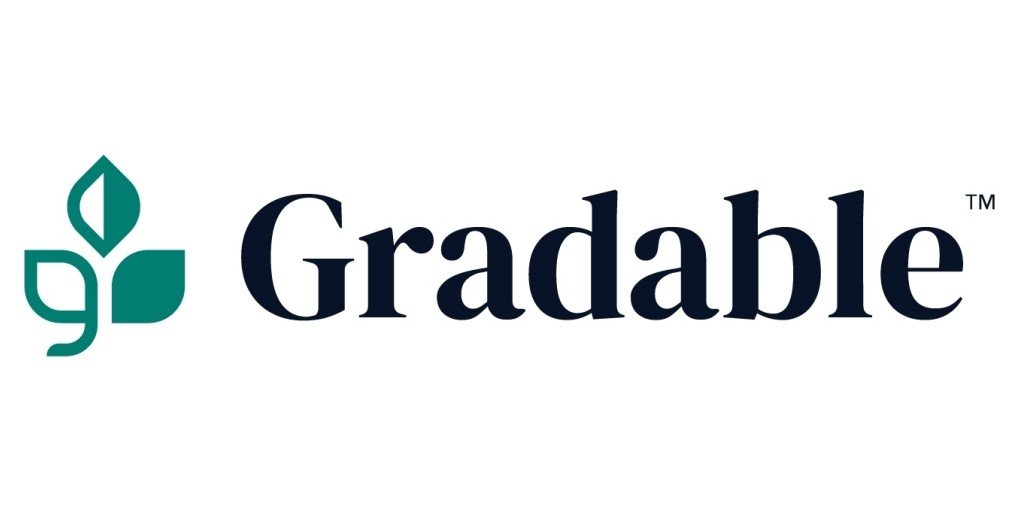20 new companies along with Amazon signs climate pledge
53 companies around the world have now committed to achieving net-zero carbon emissions by 2040
Amazon and Global Optimism jointly announced that 20 new companies from all over the world have signed the Climate Pledge, including ACCIONA, Colis Prive, Cranswick plc, Daabon, FREE NOW, Generation Investment Management, Green Britain Group, Hotelbeds, IBM, Iceland Foods, Interface, Johnson Controls, MiiR, Ørsted, Prosegur Cash, Prosegur Compañia de Seguridad, Slalom, S4Capital, UPM And Vanderlande.
With the addition of the new contracting organization, 53 companies from 12 countries covering 18 industries have pledged to work towards zero carbon emissions globally-and may significantly reduce corporate carbon emissions overall. In the process of achieving zero carbon emissions, each organization is at a different stage, but all 53 contracting organizations are committed to achieving the ambitious goal set by the Climate Declaration, which is to reach the Paris Agreement 10 years in advance) aims.
The contracting organizations of the Climate Declaration unanimously agree:
- Regularly measure and report greenhouse gas emissions.
- Realize a low-carbon strategy in line with the Paris Agreement through practical business changes and innovations, including improving efficiency, using renewable energy, reducing raw material consumption, and other strategies to eliminate carbon emissions.
- Neutralize any remaining carbon emissions through additional, quantifiable, real, permanent and socially beneficial compensation to achieve annual net zero carbon emissions by 2040-10 ahead of the 2050 target set by the Paris Agreement year.
The 20 newly signed organizations represent different economic sectors, covering energy, agriculture and financial services.
53 companies around the world have now














